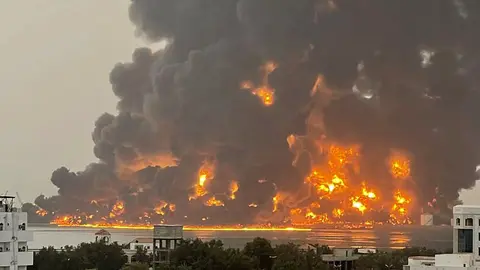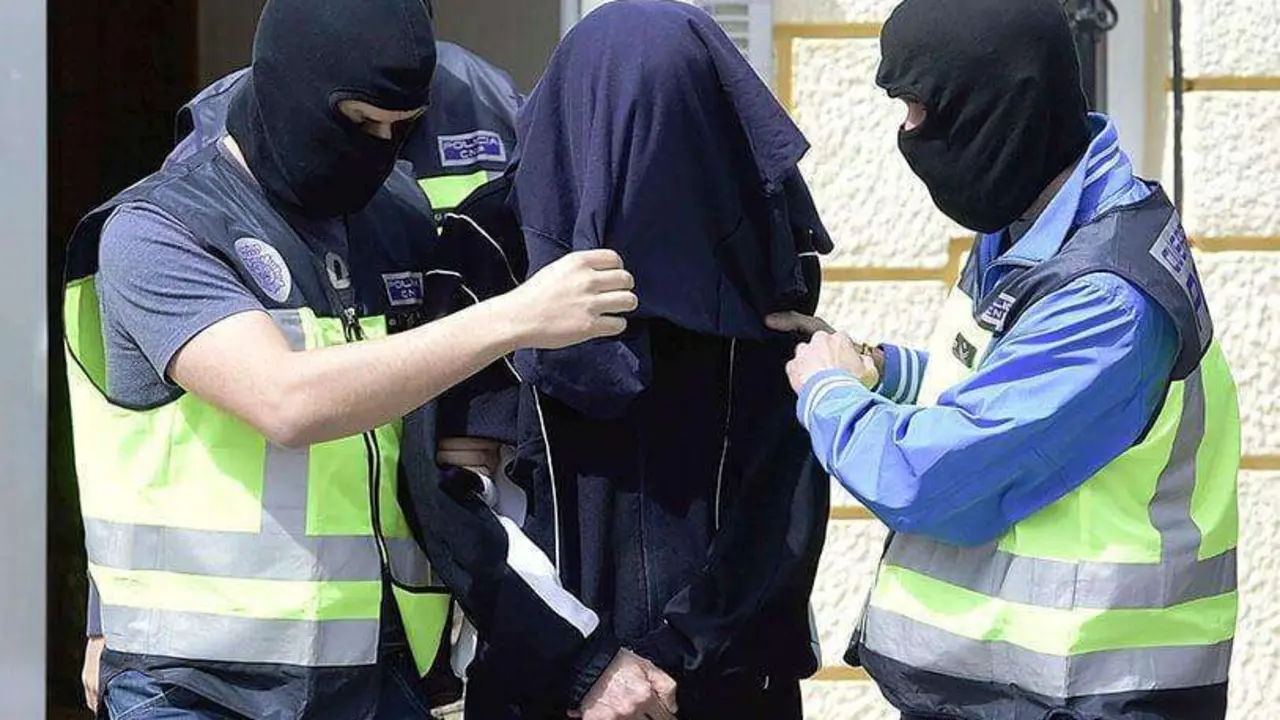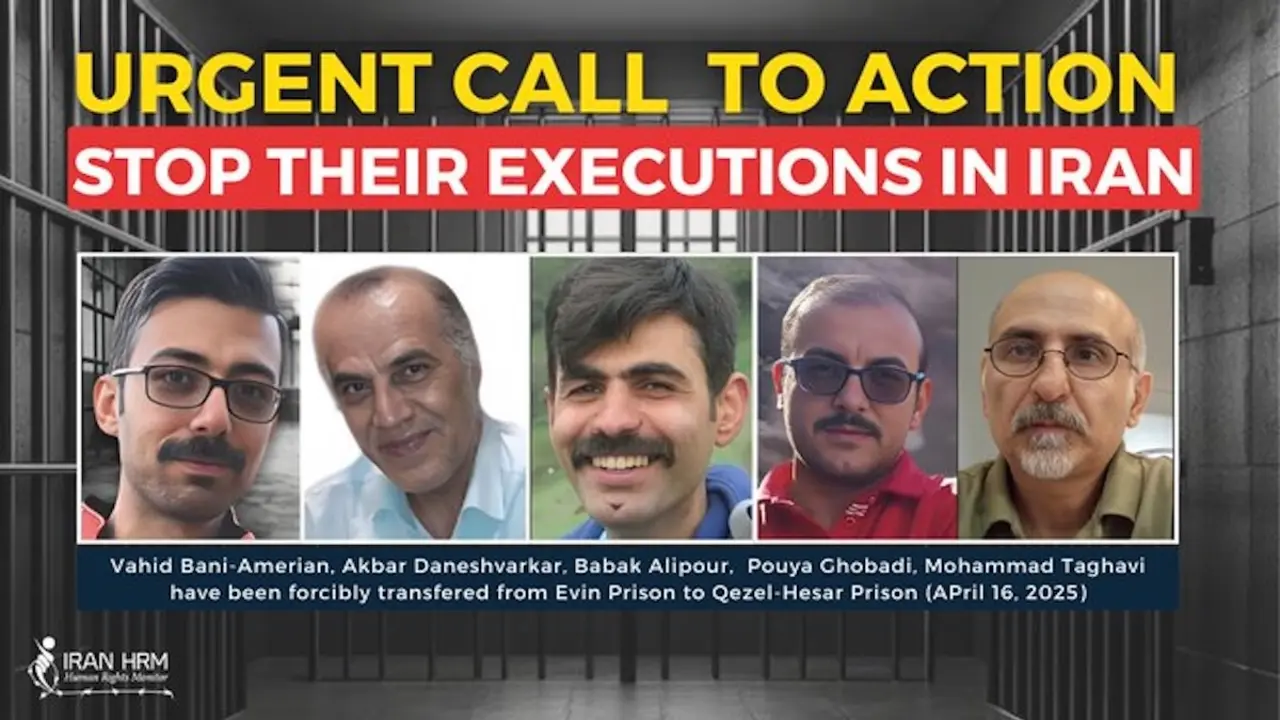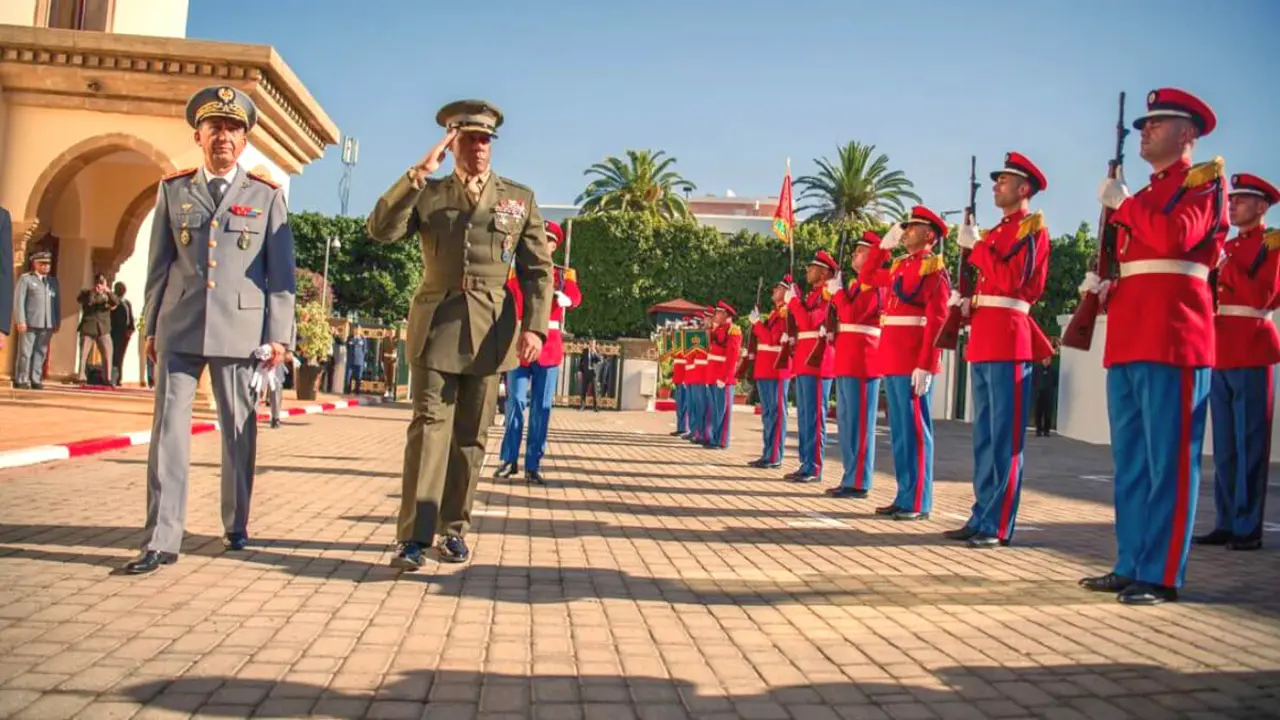Houthis and al-Qaeda team up in order to destabilize the Yemeni government
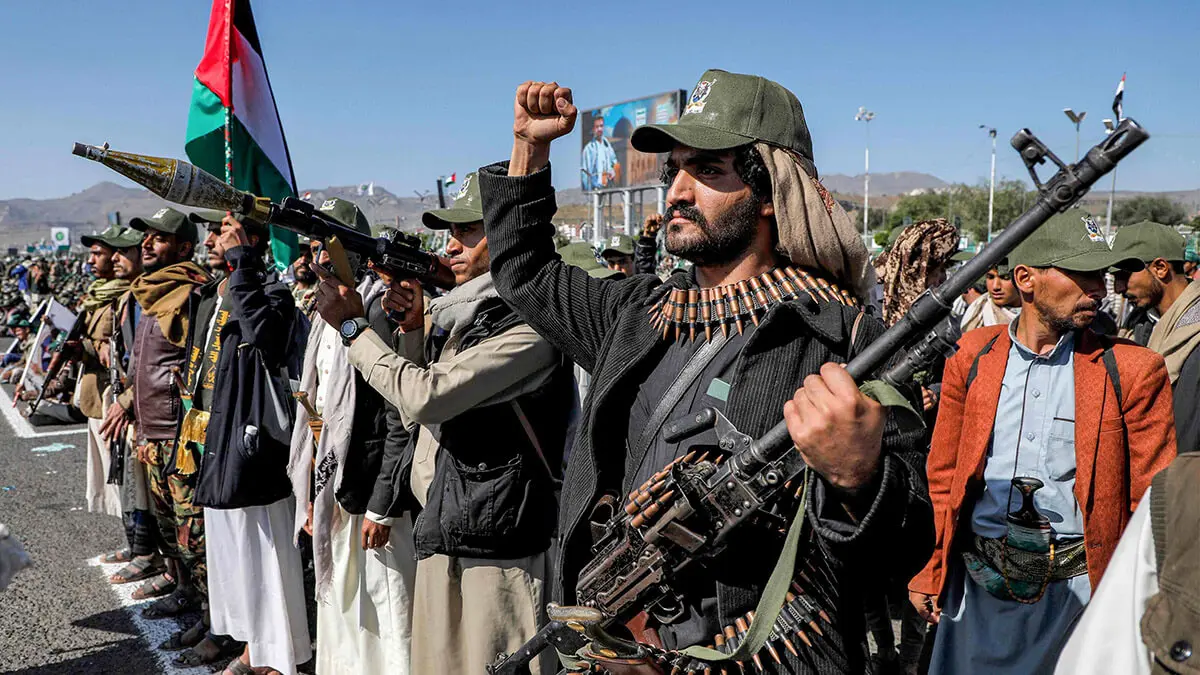
Yemen's Houthis, a militia backed by the Islamic Republic of Iran, have armed al-Qaeda members, provided them with safe havens and facilitated attacks against Yemeni government-controlled areas, Arab News reports based on a recent report by UN experts.
Mentioning the partnership between the Houthis and al-Qaeda and other terrorist groups, including al-Shabaab in Somalia, the UN panel of experts on Yemen noted that the Yemeni rebels and the terrorist organization agreed to put aside their differences and focus on weakening the Yemeni government through transferring weapons, coordinating attacks against Yemeni government forces, exchanging information and providing safe havens.
“This opportunistic alliance is characterized by security and intelligence cooperation, providing safe havens for each other's members, reinforcing their respective strongholds, and coordinating efforts to attack government forces,” explains the report, which also highlights that the Houthis have made millions of dollars from maritime piracy.
Also, the Tehran-backed Yemeni militia released imprisoned al-Qaeda fighters convicted of terrorism and provided the terrorist group with drones and missiles.
“Since early 2024, the two groups have coordinated operations directly. They agreed that the Houthis would transfer four UAVs, as well as thermal rockets and explosive devices, and that the Houthis would provide training to AQAP (al-Qaeda in the Arabian Peninsula) fighters,” he adds. In this regard, Yemeni military forces have accused the Houthis of supplying al-Qaeda with drones and other weapons.
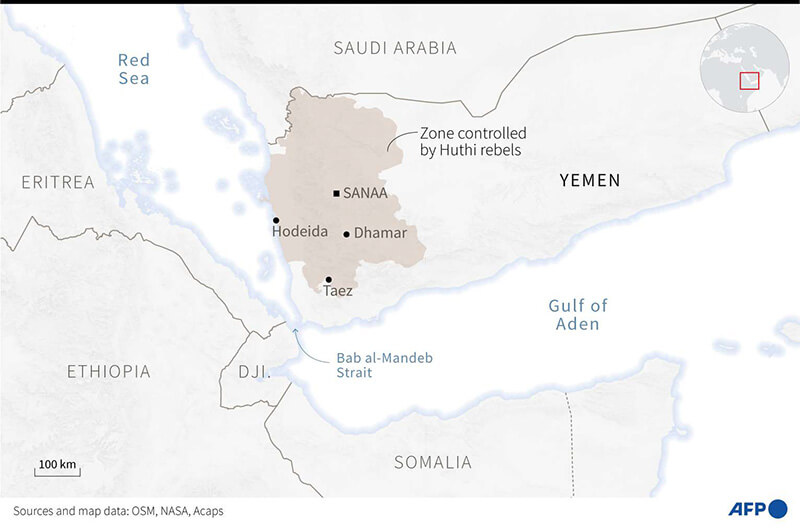
The 537-page report, which covers the period from September 1, 2023 to July 31, 2024, describes Hezbollah as “one of the most important supporters” of the Houthis in Yemen, advising them on decision-making, providing military support on the ground through the use and assembly of weapons and combat techniques. The Lebanese Shiite militia, another of Iran's proxies, also helps the Houthis increase their financial income and manage their media propaganda.
According to the report, the Houthis have been accumulating significant illegal resources through organized smuggling of various items such as weapons, drugs, telecommunications equipment, banned products such as banned pesticides, unpermitted medicines and cultural heritage goods.
Investigations by the UN panel revealed that the Yemeni militia managed to collect approximately 994 billion Yemeni rials in the name of customs duties on fuel imports through ports under its control during the period from April 1, 2022 to June 30, 2024, under the prevailing exchange rate in government-controlled areas.
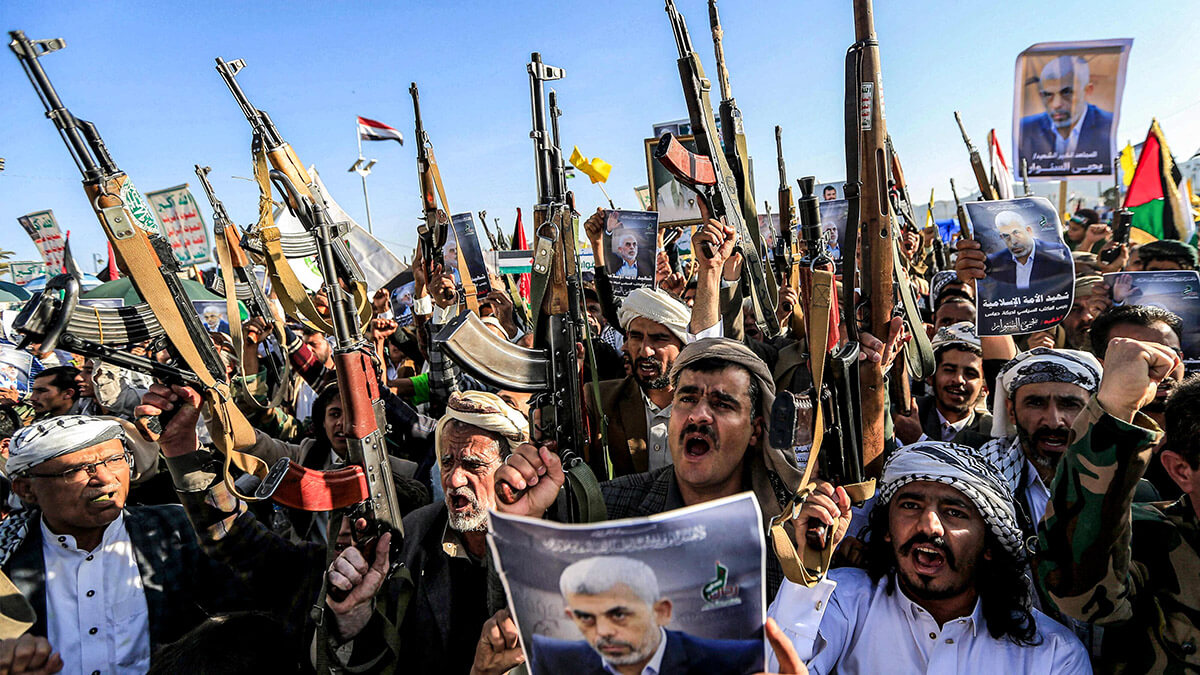
On the other hand, during their campaign against ships sailing in the Red Sea, many vessels have been forced to pay the Houthis in order to transit the area safely. According to the report, the revenue earned by the Houthis from these illegal safe transit fees amounts to about $180 million per month, although the panel has not been able to independently verify this information.
The UN panel also accuses the Houthis of recruiting and exploiting African migrants to fight alongside them against the Yemeni government and work in the drug trade.
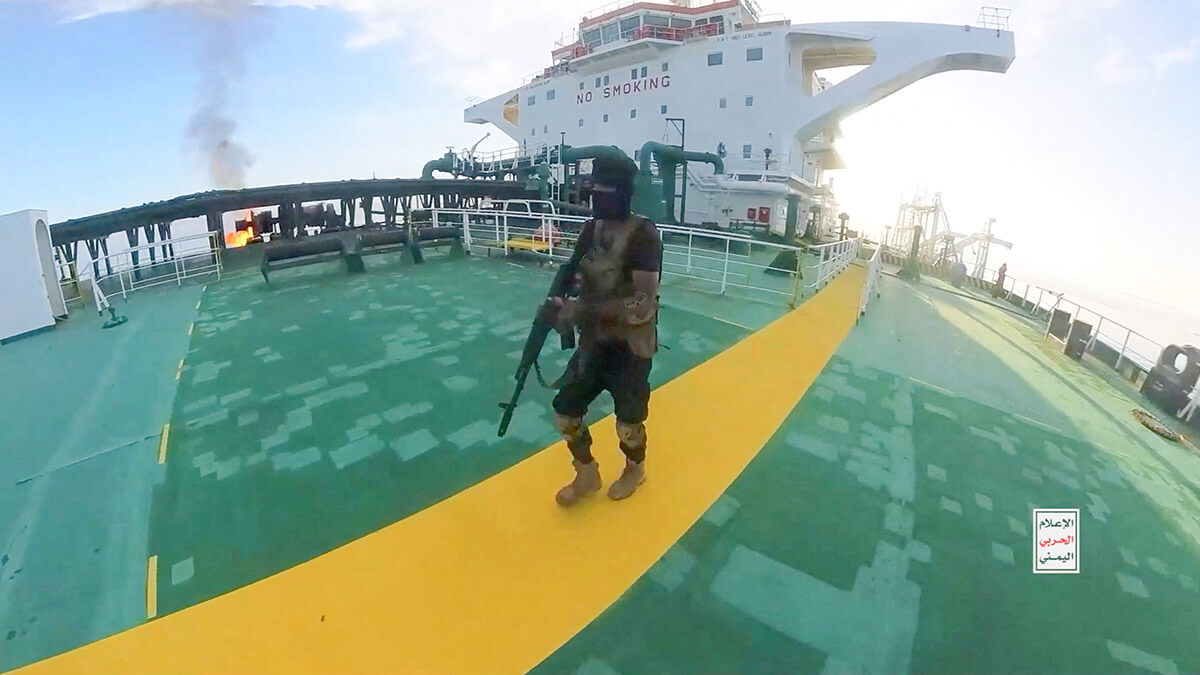
“Other sources informed the Panel of Experts that the Houthis have also recruited mercenaries from the Ethiopian tribes of Tigray and Oromo, with salaries ranging from $80 to $100. The Group of Experts has not been able to verify this information and continues to investigate,” the report notes.
Following the findings of this report, the Yemeni government has again urged the international community to designate the Houthis as a terrorist organization and cut off their financial resources.
As Yemen's Information Minister Moammar Al-Eryani wrote on his social media, the partnership between the Houthis and other terrorist organizations aims to “weaken the Yemeni state, destabilize security and stability in the liberated areas,” thus undermining the safety of maritime navigation.


